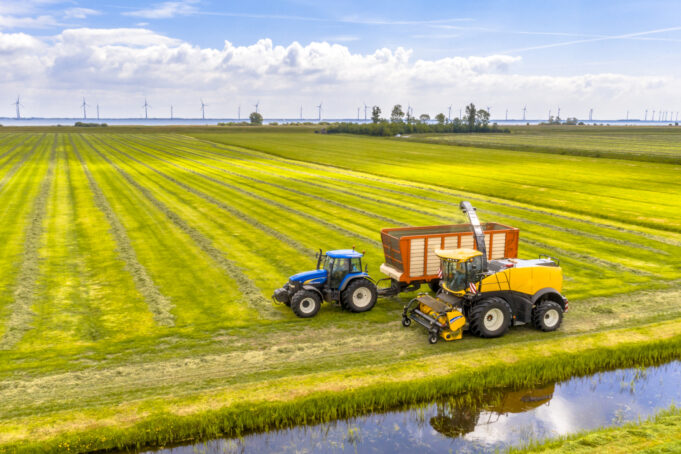The interconnectedness of water, energy, and food has become increasingly apparent in recent years, as the global community grapples with challenges like climate change, population growth, and resource scarcity. This realization has led to a paradigm shift in how we approach resource management and sustainability. By understanding the intricate relationships between these sectors, we can develop more effective and sustainable solutions to global challenges.
The Interdependence of Water, Energy, and Food
Water, energy, and food are inextricably linked. Energy production requires water for cooling, extraction, and processing. Water treatment and distribution rely heavily on energy-intensive processes. Food production, in turn, demands significant amounts of water for irrigation and energy for various agricultural operations.
The Benefits of Nexus Thinking
The concept of nexus thinking, which emphasizes the interconnectedness of water, energy, and food, offers a powerful framework for addressing complex global challenges. By understanding the intricate relationships between these sectors, we can unlock a range of benefits that contribute to sustainable development and human well-being. Nexus thinking offers several advantages:
- Holistic Problem-Solving: By considering the broader implications of decisions, we can identify and address potential unintended consequences.
- Enhanced Efficiency: Optimizing the use of resources across sectors can lead to significant cost savings and reduced environmental impact.
- Innovation and Collaboration: Fostering interdisciplinary collaboration can spark innovative solutions and accelerate technological advancements.
- Sustainable Development: A nexus approach aligns with sustainable development goals, promoting environmental protection, social equity, and economic growth.
Real-World Examples of Nexus Solutions
- Desalination Powered by Renewable Energy: Projects like the Hassyan desalination plant in Dubai demonstrate how renewable energy sources can be harnessed to power water-intensive processes.
- Integrated Water and Carbon Management: The South Korean project Octopus combining desalination with carbon capture and storage showcases the potential for innovative solutions that address both water scarcity and climate change.
- Water-Efficient Agriculture: Precision agriculture techniques, such as drip irrigation and soil moisture sensors, can significantly reduce water consumption in agriculture.
- Wastewater Treatment and Energy Recovery: Advanced wastewater treatment technologies can recover valuable resources like energy, nutrients, and water, contributing to a circular economy.
Challenges and Opportunities
While the water-energy-food nexus offers promising opportunities, several challenges remain:
- Data and Information Sharing: Effective nexus management requires accurate and timely data, which can be challenging to collect and analyze.
- Policy and Regulatory Frameworks: Existing policies and regulations may not adequately address the complexities of the nexus.
- Financial Investments: Significant investments are needed to implement nexus solutions, particularly in developing countries.
- Public Awareness and Engagement: Educating the public about the importance of the nexus and encouraging behavioral changes is crucial.
By adopting a nexus approach, we can move towards a more sustainable water future. By understanding the intricate relationships between water, energy, and food, we can develop innovative solutions that address global challenges such as climate change, water scarcity, and food insecurity.
Nexus Thinking in Water Treatment
By taking a holistic approach to water management, water treatment professionals can optimize resource use, minimize environmental impact, and enhance overall system performance. Key strategies include:
- Energy Efficiency: Explore opportunities to reduce energy consumption in water treatment processes, such as optimizing pump systems, implementing energy-efficient technologies, and recovering energy from wastewater.
- Water Reuse and Recycling: Implement advanced water treatment technologies to reuse treated wastewater for various purposes, including irrigation, industrial processes, and potable water.
- Collaboration with Other Sectors: Engage with stakeholders from the energy and agriculture sectors to identify synergies and develop joint solutions.
- Climate Change Adaptation: Consider the impacts of climate change on water resources and infrastructure, and develop strategies to mitigate risks and build resilience.
- Digital Technologies: Utilize digital tools and technologies to optimize water management, improve monitoring, and enhance decision-making.
As we navigate our modern challenges, water treatment professionals have the power to shape a future where water scarcity is a thing of the past. By prioritizing resource efficiency, embracing emerging technologies, and fostering international cooperation, we can create a world where water is abundant, clean, and accessible to all.





